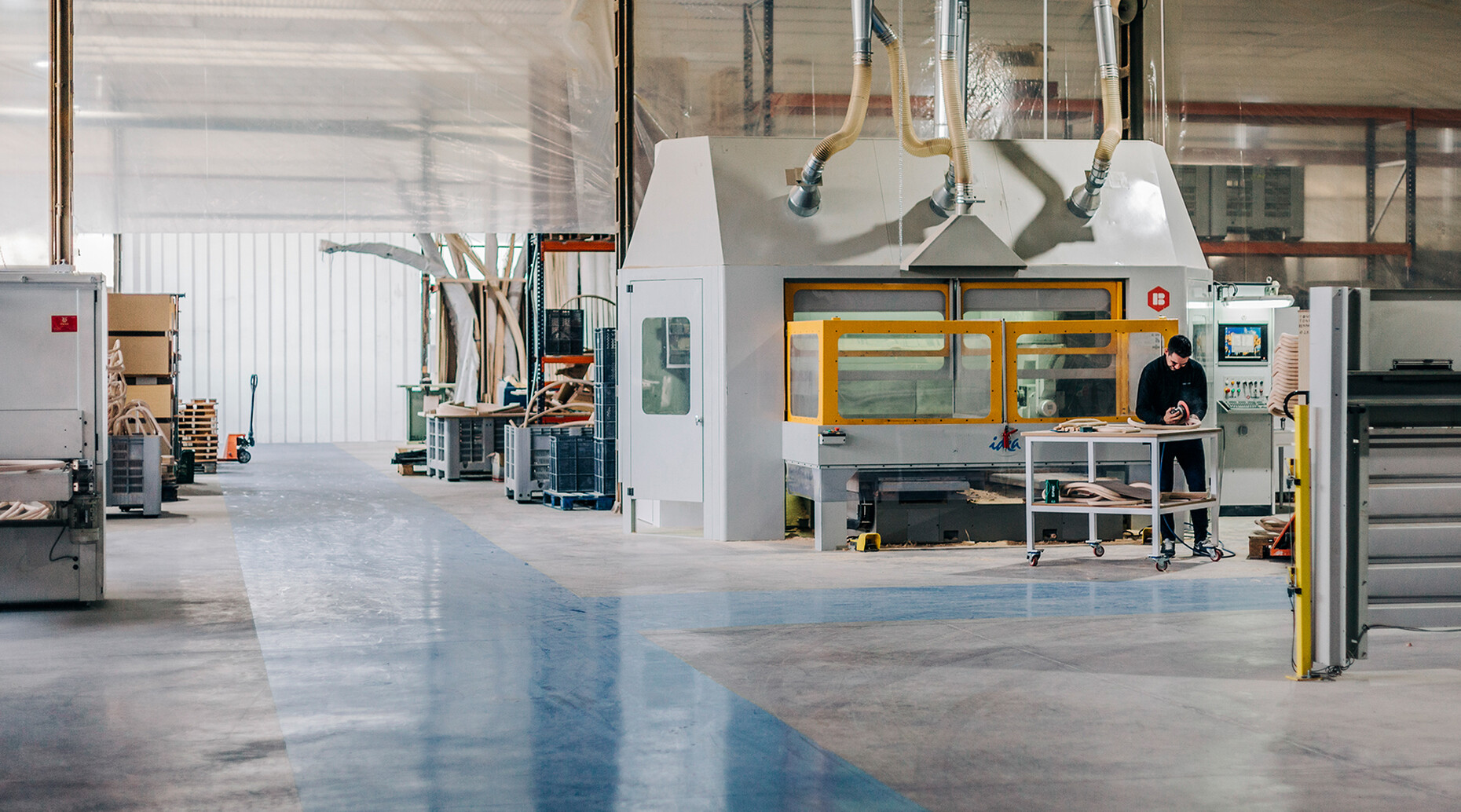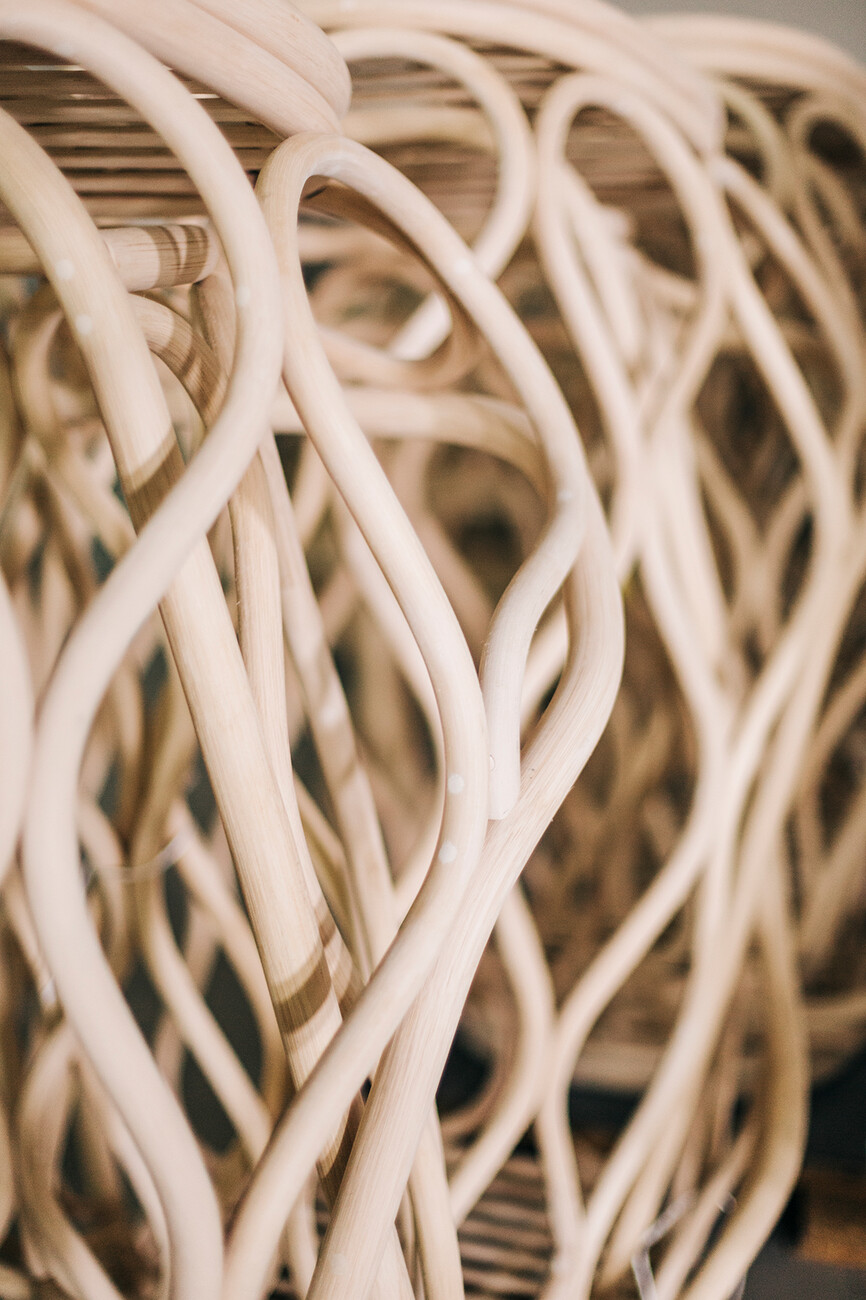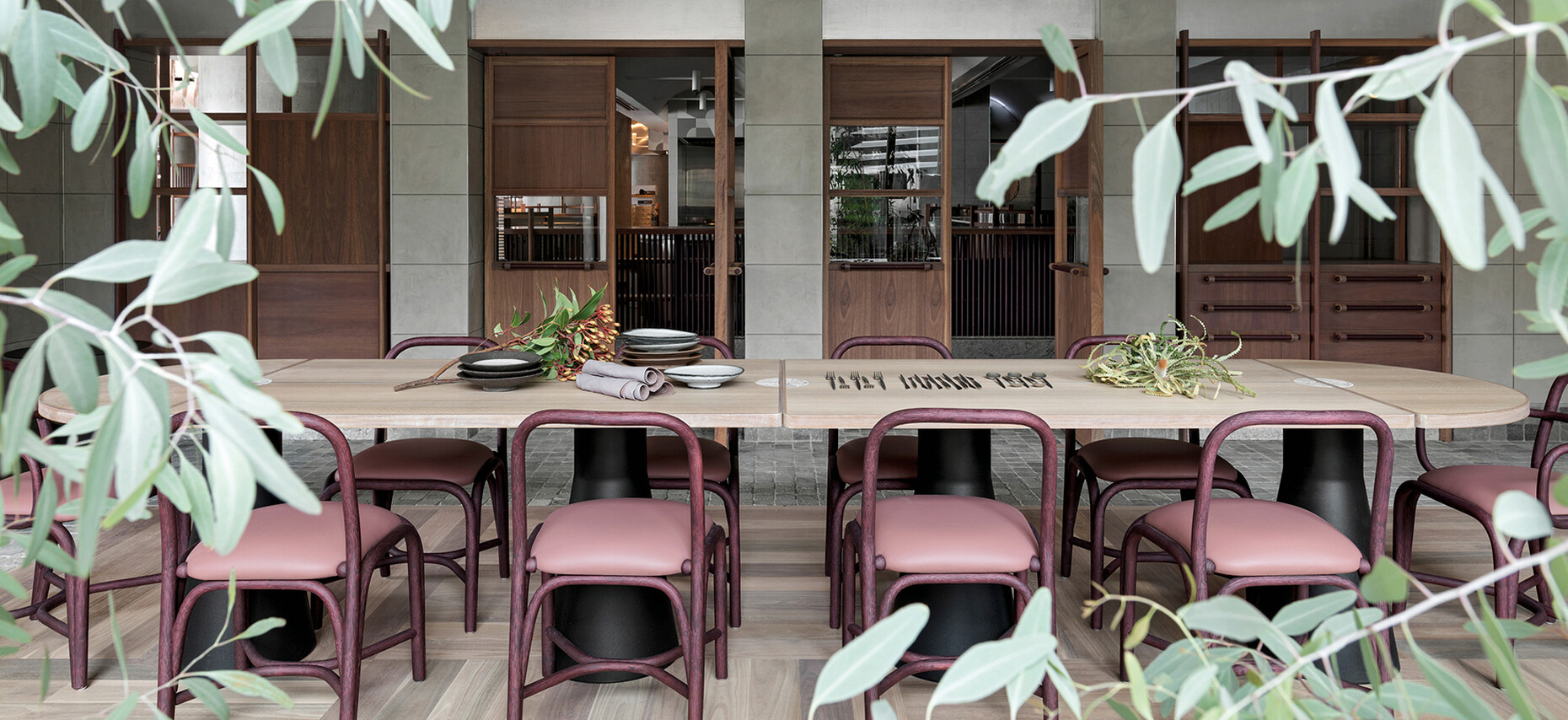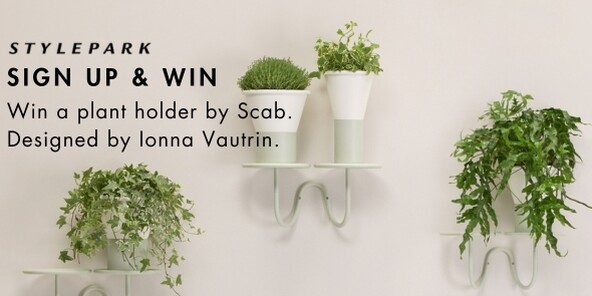Magical wood
The Spanish town of Mogente close to Valencia was the birthplace of the renowned furniture-maker and to this day remains the home base for this family-run company. “We are really proud that we’ve managed to take Expormim to the next level,” says Mercedes Laso. And that hasn’t always been easy, because the demand for products made of rattan, the mainstay of the company in the early days, has fluctuated a great deal down through the years. Expormim, which back then was still “La Exportadora del Mimbre”, has adapted over time when necessary, adding furniture made of solid wood, textiles and metal to its range. However, the family wanted and managed to nevertheless remain true to its artisanal roots, and at the start of the new millennium it took the leap into the unknown: Although sales of products made of rattan made up less than five percent of total sales at that time, they decided to try something new with the natural material. “We had nothing to lose and a lot to gain. Working with rattan is part of our DNA, banishing it forever was simply not an option,” explains Mercedes Laso.
Old materials, new techniques
For assistance with this new start, Expormim turned to Oscar Tusquets, as the designer, architect and artist already had experience in processing rattan. “We decided straight away that we wanted him to join us on this journey, because he had the knowledge and skills to implement this project,” says Laso. Tusquets was hesitant – he didn’t want to be pigeonholed as a “chair designer”, which is what had happened to him so far. Yet a visit to Mogente was enough to change his mind: “Once I stepped into the factory, I could see with my own eyes how important craftsmanship is for Expormim and the opportunities this offered me when it came to designing with rattan. That’s what convinced me to design a chair for them,” he says. For “Fontal”, he developed a new technique that replaces the classic binding on the joints and permits a fluid connection from one cane to the next. “I wanted to create a chair that was charming, but also simply luxurious. ‘Fontal’ is definitely all that,” says Tusquets. “He quite simply breathed new life into the material,” adds Laso. There followed collaborations with designers of the likes of Jaime Hayon, Mario Ruiz, Lievore Altherr, Miquel Milá and MUT Design.
At Salone del Mobile 2019 Expormim demonstrated the full breadth of its different product lines: from the outdoor series “Liz” by Ludovica+Roberto Palomba to ideas for home offices such as the “Huma” swivel chair by Mario Ruiz, chairs for cafes and restaurants like “Gata” by Miguel Milá and Gonzalo Milá, and the latest advance to the “Frames” chair by Jaime Hayon, designed for living spaces. Rattan is an inherent part of the range and adds dynamic notes. “Very much unlike wood, rattan permits the most surreal forms, as if it were a ‘magical wood’,” says Mercedes Laso. Its dynamism has very much influenced the design language of all the Expormim products. “When we work with other, ‘colder’ materials, we try to imbue them with that special effect which so characterizes our rattan products,” says Laso.
Working with this natural material has fascinated the pair from an early age: “My younger sister and I would always watch the craftsmen at work,” she recalls, noting that the people who work for Expormim are its most important asset. Without their dedication and skill, it would not be possible to maintain the standard of craftsmanship and to keep production processes largely within Spain, she adds. “It is easier to set up a new company than to adapt an old one to the challenges of the globalized world, but I think we’ve struck a balance between tradition and innovation,” Laso concludes, putting the success down to hard work and a love of sustainable materials. The path back to rattan was not an easy one, she notes, but now the market has received it positively and the future seems promising for the continuation of this traditional craft within Spain. “The experienced craftsmen in our factory are now passing on their knowledge to the younger generation, which we believe is an honor. The more the young people learn, the bolder they can be in their experimentation,” says Laso. In terms of shapes, the boundaries between indoor and outdoor furniture are often fluid, as is the case with “Fontal”, the chair that symbolizes Expormim’s return to its roots. What might Oscar Tusquets’ mentor, Salvador Dalí, have said about this design? "He would have considered it too comfortable", Tusquets says with a laugh.


























































